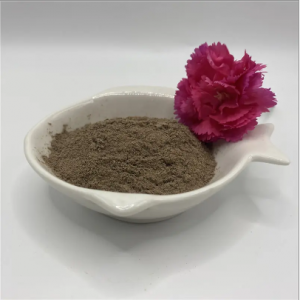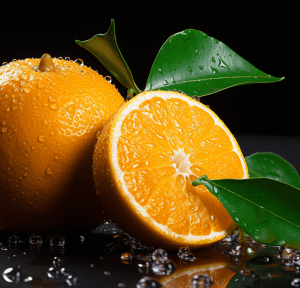Chitosan, as a natural polysaccharide, has attracted widespread attention in the fields of agriculture and plant protection in recent years. Many studies have shown that chitosan not only has a positive effect on plant growth but also has significant antifungal properties, making it a potential natural antifungal agent.
Antifungal Mechanism:
Chitosan exerts its antifungal effects through multiple mechanisms, including inhibiting fungal growth, damaging fungal cell walls, and activating the plant’s immune response. These mechanisms make chitosan effective against a variety of plant pathogenic fungi.
Application effect:
| The application of chitosan can significantly reduce the occurrence of plant diseases, especially when combating common fungal diseases such as powdery mildew and gray mold. |  |
Environmentally Friendly:
As a naturally derived substance, chitosan is environmentally friendly during use and does not cause negative effects on the ecosystem. This makes it widely applicable in organic and sustainable agriculture.
Market Prospects:
 |
With the increasing demand for plant protection, the market potential of chitosan as a natural antifungal agent is gradually being tapped. More and more agricultural enterprises are paying attention to the application of chitosan to improve the disease resistance of crops. |
In conclusion, chitosan not only plays an important role in promoting plant growth and enhancing stress resistance, but also exhibits potential as a natural antifungal agent.
Post time: Oct-08-2024




